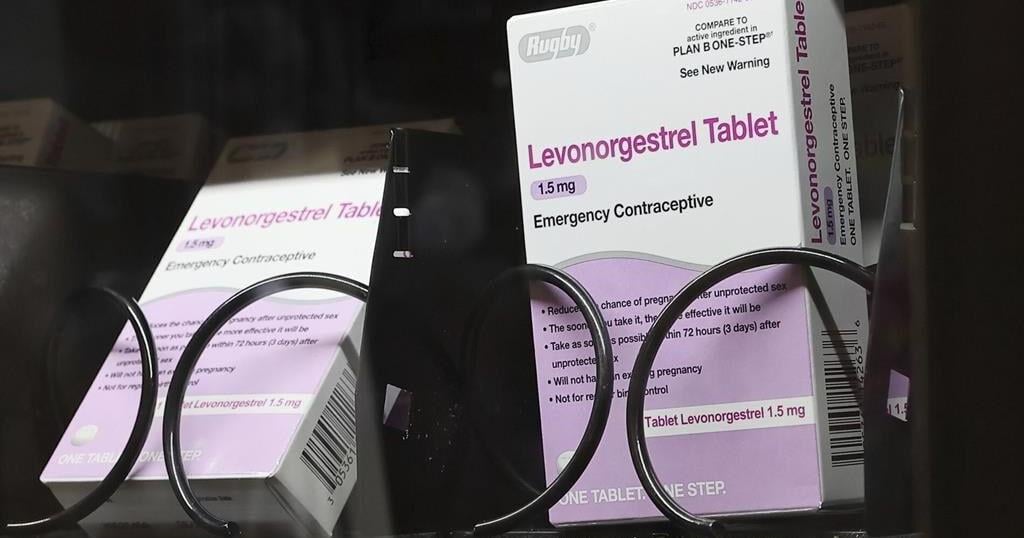Anti-tumor necrosis factor alpha (TNF-alpha) inhibitors are associated with an increased risk for multiple sclerosis (MS), especially among patients with rheumatic disease (RD), new research shows.
When investigators combed medical databases in four Canadian provinces for information on patients with RD and irritable bowel disease (IBD) taking anti-TNF-alpha agents alongside matched controls in a prospective cohort study, they found an increased risk for MS in the RD patients.
Physicians shouldn’t hesitate to prescribe anti-TNF-alpha therapy for patients if they believe their patients can benefit from it, study investigator Antonio Aviña-Zubieta, MD, PhD, senior scientist at Arthritis Research Canada in Vancouver, British Columbia, told Medscape Medical News.
“To better provide a context of the magnitude of the risk, we would need to treat 2268 individuals with anti-TNF-alpha therapy in order to get one additional case of MS. This is considered a rare side effect [of anti-TNF therapy],” he said, adding that MS still occurred even in people who did not receive anti-TNF therapy.
“Nevertheless, we do not recommend anti-TNF in patients with MS or those with a family history of MS. The decision to take anti-TNF is best taken together by patient and health care provider,” said Aviña-Zubieta.
The study was published online October 28 in the journal Neurology.
Potential MS Link Investigated
Anti-TNF-alpha agents are often prescribed to stop inflammation for chronic immune disorders such as rheumatoid arthritis, inflammatory bowel disease (IBD), psoriasis, and ankylosing spondylitis. Prior research has raised suspicions of an increased risk of MS with use of anti-TNF-alpha agents in small samples.
Investigators accessed population-linked databases in the Canadian provinces of British Columbia, Alberta, Saskatchewan, and Manitoba, which contain information about physician visits, hospitalizations, demographic data, and medication in those provinces.
They mined the databases for information about patients diagnosed with RD and IBD between January 2000 and March 2018 and then determined new incident cases of MS in the two disease cohorts with at least three outpatient records related to MS, hospitalizations, or prescription claims for MS. Investigators could only obtain information about RD from databases in BC and Manitoba.
The anti-TNF-alpha drugs were dispensed in the 2 years prior to MS onset, and included adalimumab, certolizumab, etanercept, infliximab, and golimumab.
Each case of MS was matched with up to five control subjects of similar ages who did not receive anti-TNF-alpha agents, had similar RD or IBD illness duration, and the same approximate place of residence.
Investigators identified nearly 300,000 patients with RD. During follow-up, 462 of them developed MS (80% female, mean age 47) and were matched with 2300 controls with RD (60% female, mean age 47). They found that 18 people with RD and MS took an anti-TNF-alpha, vs 42 of the 2296 patients who had RD but not MS.
After adjusting for variables that could influence the risk of developing MS, the investigators discovered that people with RD who took an anti-TNF-alpha agent had a 105% increased risk of developing MS compared to people with RD who didn’t take an anti-TNF-alpha agent.
Aviña-Zubieta said it would be ill-advised for people with RD who have a family history of MS to use the anti-TNF agents, as there are other medications that could also be helpful.
Investigators noted a smaller increased risk for MS in the group with IBD, but the findings did not reach statistical significance.
There are several theories about how anti-TNF therapy might risk MS in certain patients. Aviña-Zubieta speculated that the therapy may increase reactivity from immune cells to myelin leading to a loss and malfunction of the affected areas. Additionally, “TNF blockage by this therapy may affect myelin repair. The possibility of higher risk of infections that could be linked to MS is possible too, but not proven,” he noted.
Study limitations included smaller sample sizes from Saskatchewan and Manitoba. Investigators also noted that MS prodrome periods can occur as much as 5 years before onset, so patients exhibiting early MS symptoms or MS prodrome who have not yet been diagnosed might be misdiagnosed as controls.
Context Is Important
Commenting on the study for Medscape Medical News, Amy Kunchok, MD, a staff neurologist at the Cleveland Clinic’s Mellen Center for Multiple Sclerosis, Cleveland, Ohio said context is important when interpreting the findings.

Dr Amy Kunchok
“Anti-TNF therapies are highly effective for many autoimmune disorders, as evidenced by numerous randomized controlled trials in rheumatological disorders and IBD,” said Kunchok, who was not involved in the study.
“As with any therapeutic decision, the physician needs to consider the medical needs of the patient and the risk–benefit scenario. In a patient with a preexisting MS diagnosis, we would generally not recommend these therapies, but instead suggest the treating specialist consider alternatives.
“However, in patients without prior inflammatory neurological disorders, these therapies may be safe and efficacious. There is more work needed to risk- stratify patients in terms of these rare inflammatory CNS events,” she added.
Neurology. Published online October 28, 2022. Abstract
The study was funded by the Canadian Institutes of Health Research. Aviña-Zubieta and Kunchok report no relevant financial relationships.
For more Medscape Neurology news, join us on Facebook and Twitter
Source link
Related

























